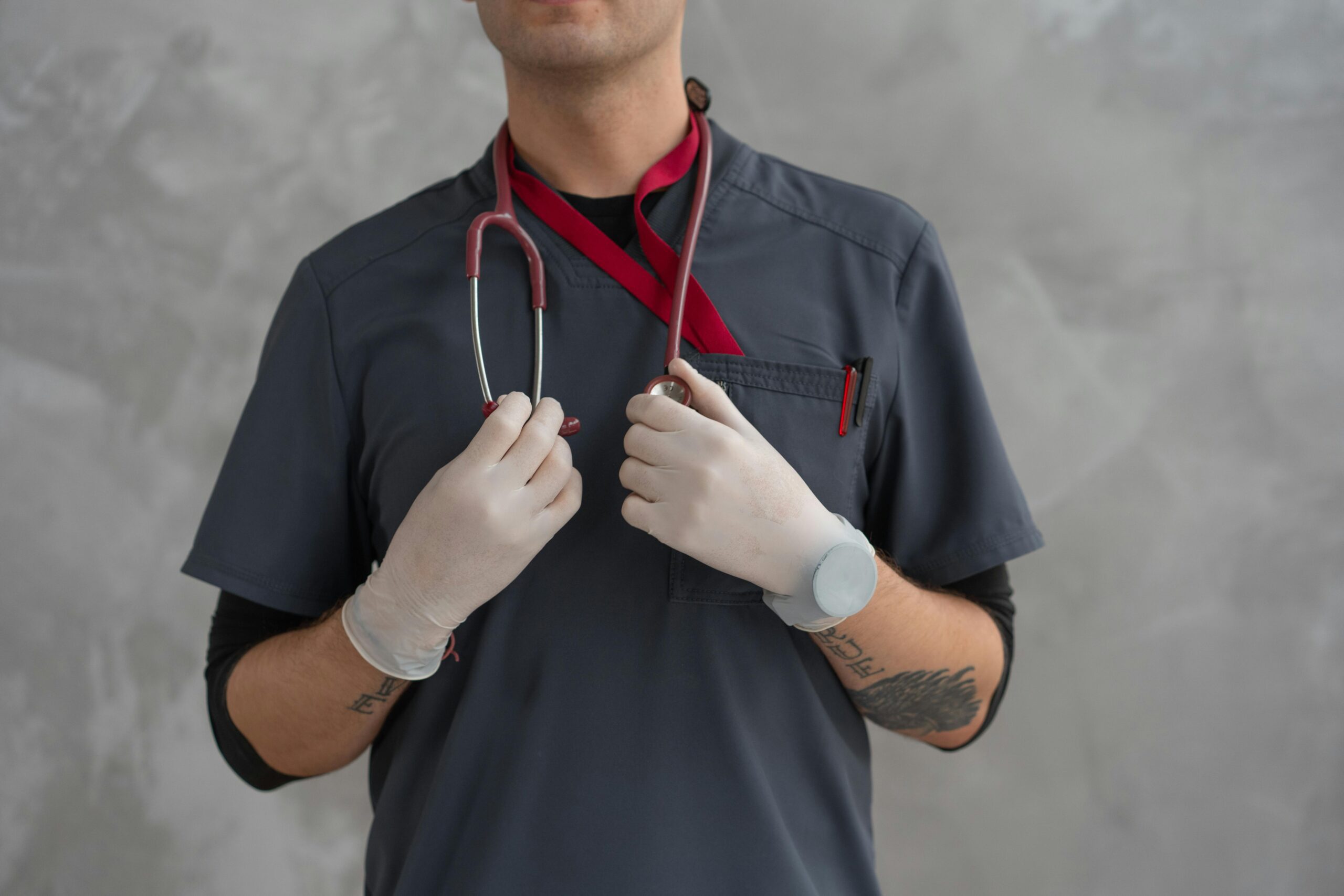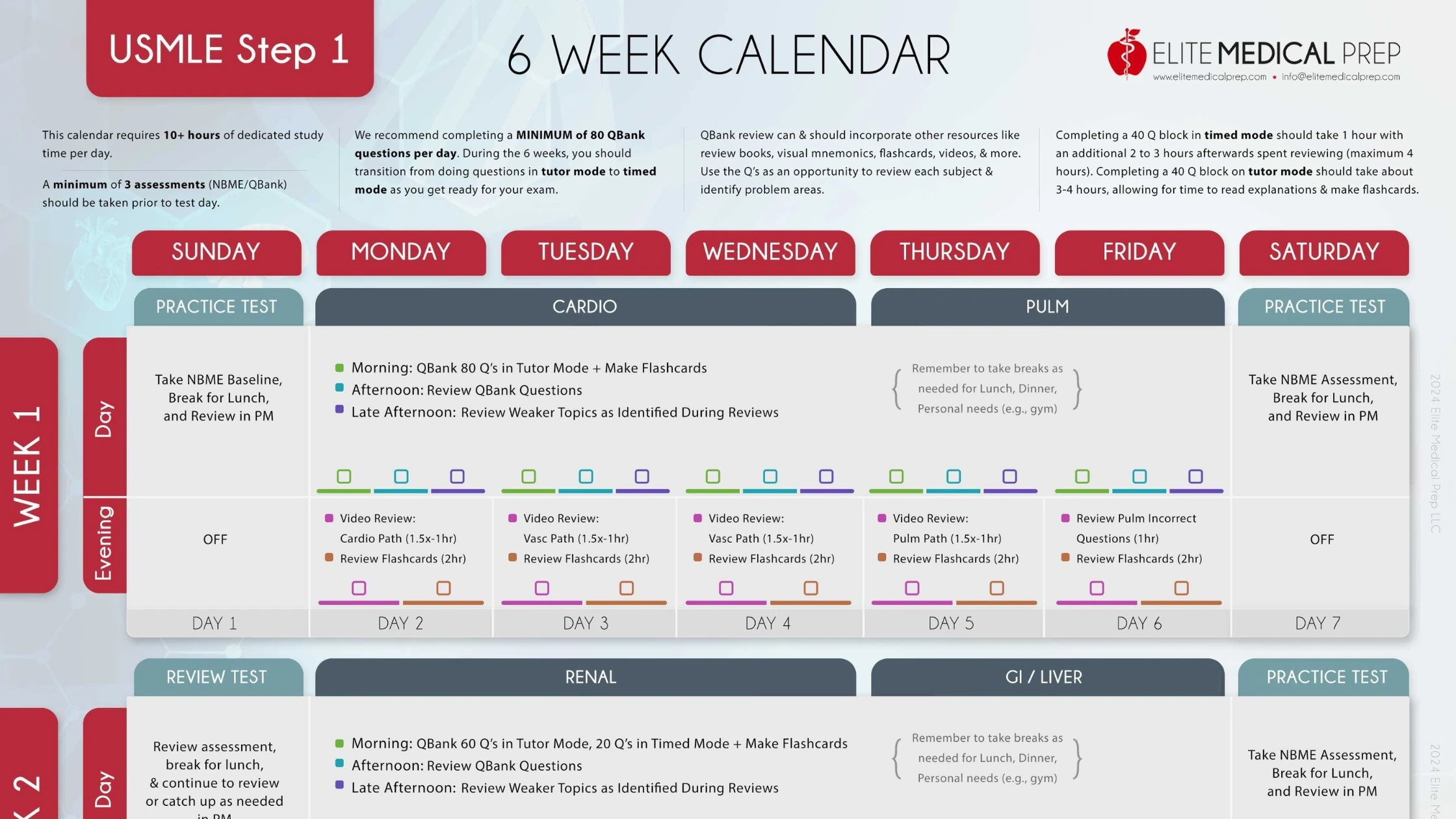This blog was updated in 2025 to reflect the latest ABSITE study strategies and resources. Preparing for the ABSITE in 2025 comes with new challenges and opportunities. Unlike for...
Featured Blogs
The blog was originally published in March 2024, and updated...
In medical education, shelf exams evaluate students' knowledge and clinical...
The Future of AI in Medical Education Imagine practicing...
Resources
One of the hardest decisions that all medical students face involves picking the resources to help them succeed on their board exams. To provide you the best and most accurate advice, we have our tutors personally utilize the services we review. In this blog post, we will share our impressions of TrueLearn’s SmartBanks for COMLEX Level 1 and COMLEX Level 2 CE.
This blog was updated in 2025 to reflect the latest ABSITE study strategies and resources. Preparing for the ABSITE in 2025 comes with new challenges and opportunities. Unlike for...
This blog was originally published on March 21, 2023, and was updated in September 2025 with new information. There are innumerable resources available for Step 1 preparation. No one study...
Latest Blogs
Preparing for Step 2 CK can feel overwhelming with the sheer number of resources available. Among the most popular are Step Up to Medicine (SUTM) and Master the Boards (MTB)....
Preparing for COMLEX Level 1 is a significant milestone for osteopathic medical students. With the recent transition to a pass/fail scoring system, the emphasis has shifted from achieving a competitive...
On the first day of medical school, the pace was the feature which stuck out the most. Even before orientation had fully concluded, new lectures were posted, laboratory assignments were...
USMLE STEP 1
USMLE STEP 2CK

Preparing for Step 2 CK can feel overwhelming with the sheer number of resources available. Among the most popular are Step Up to Medicine (SUTM) and Master the Boards (MTB). Both books are frequently recommended by students, but they serve very different purposes—and depending on your study style, one may...
RESIDENCY ADVISING

For many medical students applying into specialties such as dermatology, radiology, anesthesiology, and PM&R, the question of where you’ll train is immediately followed by a second, often more confusing one: what kind of intern year do I need? If you’re applying into certain specialties, you may be asked to complete...

For many international medical graduates (IMGs), the dream of practicing medicine in the United States is both exciting and intimidating. Each year, thousands of IMGs apply to residency programs, and while the process is competitive, success is very possible with the right preparation, persistence, and strategy. Understanding the eligibility requirements,...

As you begin thinking about residency applications, one of the most important considerations — after specialty interest and training quality — is work-life balance. Residency is an intense period of growth, responsibility, and long hours, but not all training experiences are created equal. Many students now prioritize lifestyle, wellness, and...
RESOURCE REVIEWS

One of the hardest decisions that all medical students face involves picking the resources to help them succeed on their board exams. To provide you the best and most accurate advice, we have our tutors personally utilize the services we review. In this blog post, we will share our impressions of TrueLearn’s SmartBanks for COMLEX Level 1 and COMLEX Level 2 CE.

This blog was updated in 2025 to reflect the latest ABSITE study strategies and resources. Preparing for the ABSITE in 2025 comes with new challenges and opportunities. Unlike for other standardized tests, it can be difficult to find comprehensive resources for ABSITE studying. Surgery requires a lot of knowledge,...

This blog was originally published on March 21, 2023, and was updated in September 2025 with new information. There are innumerable resources available for Step 1 preparation. No one study approach will work for everyone or guarantee success. Whatever plan or resources you decide to use, everyone will need to...
HOW TO

UWorld flashcards have several unique features that make them particularly well suited to USMLE Step 1 and Step 2 prep. The flashcard feature utilizes spaced repetition systems and is completely integrated with the UWorld question bank which makes creating flashcards very simple. Here’s our guide to creating UWorld cards!











